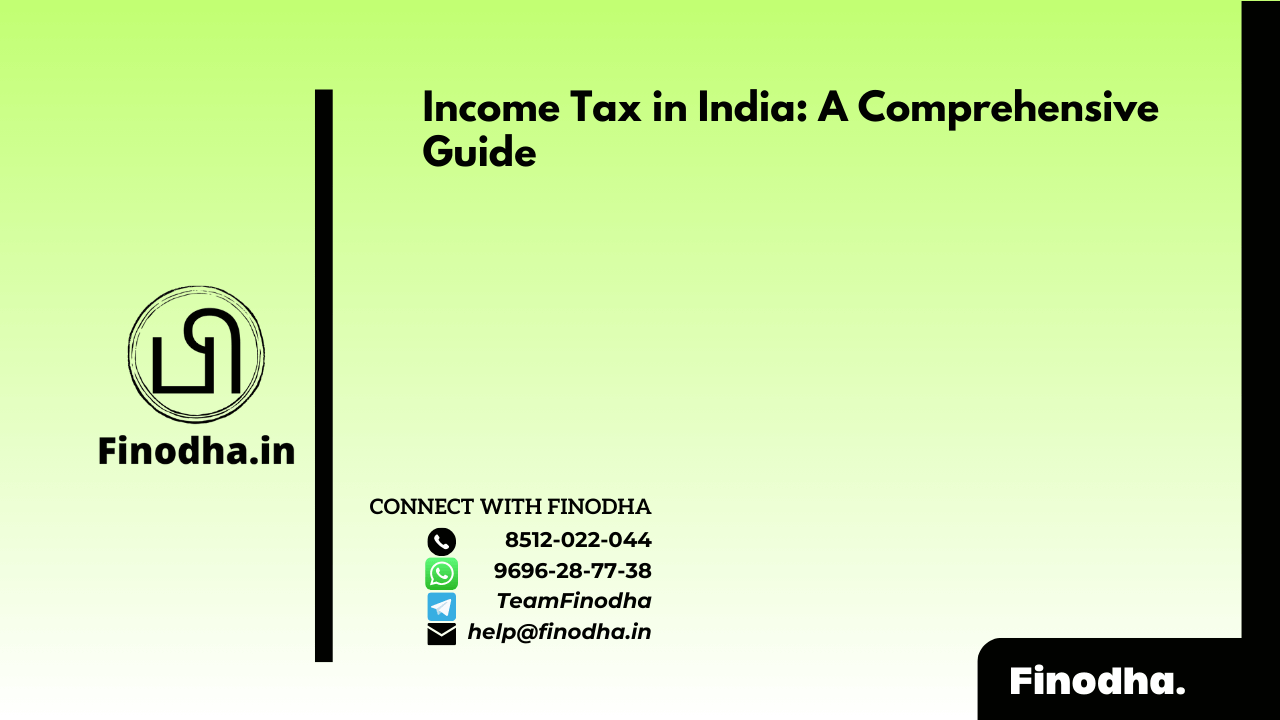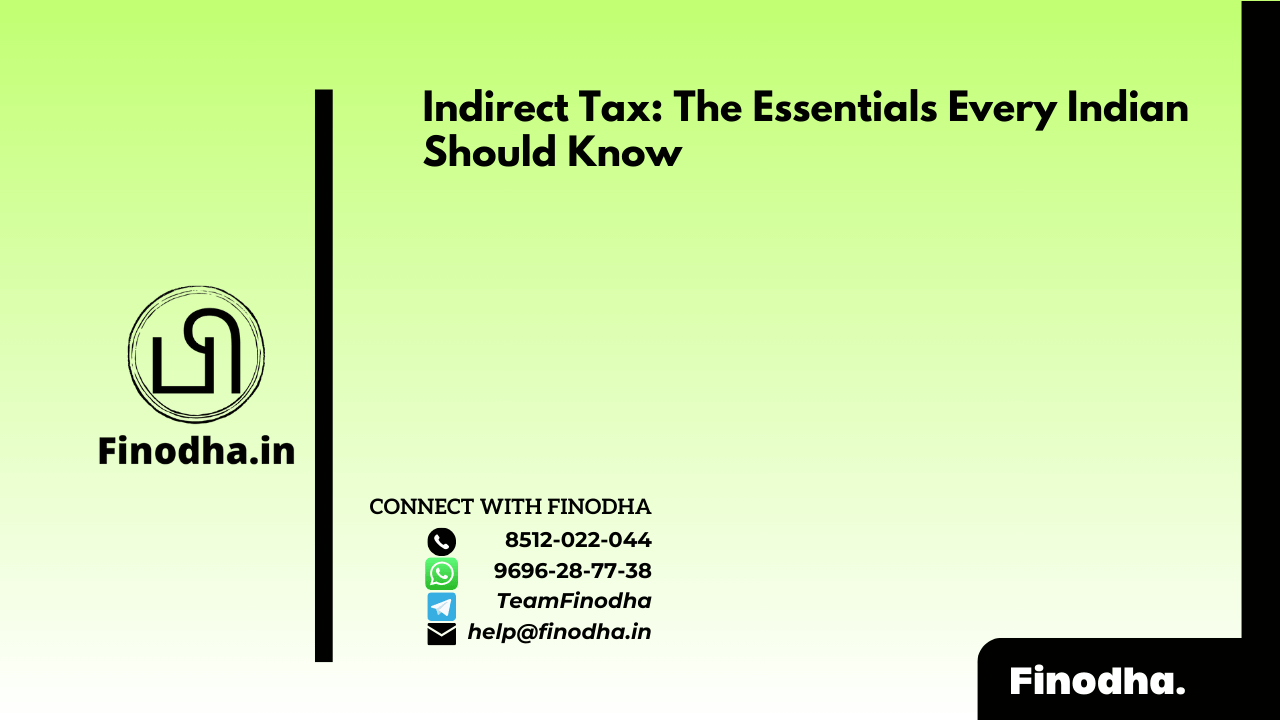Important Keyword: Gift Income, Tax on Cryptocurrency, Tax on NFT, Tax on VDA.
Table of Contents
Tax on gifting Crypto, NFT, VDA in India
In India, cryptocurrency is categorized as a Virtual Digital Asset (VDA). The Budget 2022 brought new rules for taxing cryptocurrencies, NFTs (Non-Fungible Tokens), and other VDAs. The finance minister also introduced provisions for taxing the gifting of these digital assets. According to the Income Tax Act, gifts of cryptocurrencies, NFTs, and similar assets are taxable for the recipient.
Under these new regulations, any income generated from the transfer of VDAs will be taxed at a flat rate of 30%. Additionally, no deductions for expenses (other than the cost of acquisition) or set-offs against other income are allowed. If you receive a gift of cryptocurrency or an NFT, the value of the gift will be added to your income and taxed according to your income tax slab rate. These measures are part of an effort to bring clarity and control to the rapidly growing digital asset market.
Forms of Gifting Crypto
A crypto trader or investor can gift cryptocurrency through several means, including:
- Crypto Gift Cards: These can be purchased from cryptocurrency exchanges and gifted to friends and relatives.
- Crypto Paper Wallets: A piece of paper containing a private key and a corresponding bitcoin address, which can be gifted.
- Crypto Tokens: These are virtual currency tokens or denominations of a cryptocurrency that can be gifted.
Tax on Gifting Crypto
Section 56 of the Income Tax Act
Section 56 of the Income Tax Act deals with the taxation of gifts. Traditionally, it covered gifts of immovable property, cash, and specified movable assets like shares and jewelry. However, the Budget 2022 introduced amendments to include ‘Virtual Digital Assets’ (VDAs) within the definition of property for tax purposes. VDAs encompass cryptocurrencies, NFTs, and other notified digital assets.
Tax Treatment of Gifting VDAs
- Recipient’s Tax Liability: When you receive a gift of cryptocurrency, NFT, or any other VDA, its value is added to your income and taxed according to your income tax slab rate.
- Valuation: The fair market value of the VDA on the date of the gift is considered for taxation.
- Exemptions: Gifts received from specified relatives or on occasions like weddings may be exempt from tax, similar to other types of property.
Example Scenarios
- Crypto Gift Card: If you receive a crypto gift card valued at INR 50,000, this amount will be added to your income and taxed according to your applicable tax slab.
- Crypto Paper Wallet: A paper wallet containing bitcoins worth INR 1,00,000 gifted to you will be considered as part of your income.
- Crypto Token: Receiving crypto tokens valued at INR 2,00,000 will also be added to your taxable income.
Compliance and Reporting
- Disclosure: The value of the received VDA must be reported in your income tax return under ‘Income from Other Sources’.
- Documentation: Maintain records of the fair market value and the date of receipt for accurate tax filing.
- Deductions: Note that while the cost of acquisition can be considered, no other deductions for expenses are allowed under the current tax provisions for VDAs.
It is taxable in hands of the receiver applicable from FY 2022-23:
| Type | Taxability |
| VDA Gift with value up to INR 50,000 | Exempt from tax |
| VDA Gift with value exceeding INR 50,000 received from relative | Exempt from tax |
| Gift of VDA with value exceeding INR 50,000 received from non-relative | Taxable in hands of receiver |
| Received on occassion of marriage, via inheritance or will or in contemplation of death | Exempt from tax |
Definition of Relative for Tax on Gifting Crypto
For the purpose of taxation on gifts, the term “relative” includes:
- Spouse
- Children
- Parents (of the individual or their spouse)
- Siblings (of the individual or their spouse)
- Siblings of the parents (of the individual or their spouse)
Tax Implications for Gifting Crypto
Tax Provisions for the Giver of a Crypto Gift
Tax on Giving a Crypto Gift: According to Section 2(14) of the Income Tax Act, virtual digital assets (VDAs), which include cryptocurrencies and NFTs, are classified as capital assets. However, as per Section 47, the act of gifting a capital asset is specifically excluded from the definition of a ‘transfer’. Consequently, the giver of a crypto gift does not incur any tax liability on the act of gifting itself.
Tax on Sale of a Crypto Gift by the Receiver: When the receiver of the crypto gift sells the gifted cryptocurrency, the sale is not taxable in the hands of the giver. The tax liability for the sale of the gifted crypto asset falls entirely on the receiver.
Tax Implications for the Receiver of a Crypto Gift
Tax on Receiving a Crypto Gift
The value of the received crypto gift is added to the receiver’s income and taxed according to their applicable income tax slab rate. The fair market value of the cryptocurrency on the date of the gift is used for this valuation. However, gifts received from specified relatives (as defined above) or on certain occasions (such as weddings) may be exempt from tax.
Tax on Sale of a Crypto Gift by the Receiver
When the receiver eventually sells the gifted cryptocurrency, the following tax implications apply:
- Capital Gains Tax: The profit from the sale of the gifted cryptocurrency is considered capital gains and is taxable. The period of holding (short-term or long-term) and the applicable tax rates will depend on how long the asset was held by the receiver before the sale.
Clubbing of Income
If the receiver of the crypto gift is the giver’s spouse or minor child, any income derived from the gifted crypto asset will be clubbed with the giver’s income. This means that the capital gains or any other income generated from the gifted crypto by the spouse or minor child will be added to the giver’s taxable income, and the giver will be responsible for paying the tax on this combined income.
Example Scenarios
- Giving a Crypto Gift: Raj gives his son, Amit, bitcoins worth INR 1,00,000. Raj does not incur any tax liability at the time of gifting.
- Receiving a Crypto Gift: Amit must include the fair market value of the bitcoins (INR 1,00,000) in his income and pay tax according to his applicable income tax slab rate.
- Selling a Crypto Gift: If Amit sells the bitcoins for INR 1,50,000 after holding them for a year, he will be liable to pay capital gains tax on the profit (INR 50,000).
Tax on Receiving a Crypto Gift
Tax on Transfer of Crypto Gift for Receiver
When a crypto gift is received by an individual, the tax implications are determined based on the relationship with the giver and the occasion of the gift. The key points to consider are:
- Taxability Threshold: If the total monetary value of the crypto gift exceeds INR 50,000 and is received from a non-relative, it is taxable.
- Exemptions: Crypto gifts are not taxable if received on the occasion of marriage, through inheritance, or in contemplation of death.
- Taxation: If taxable, the value of the crypto gift is included in the recipient’s income under the head “Income from Other Sources” (IFOS) and taxed at the applicable slab rates.
Tax on Sale of Crypto Gift for Receiver
When the recipient of a crypto gift sells the gifted cryptocurrency, capital gains tax implications arise. Here are the critical points to consider:
Period of Holding
- Determination: The holding period is calculated from the date of purchase by the previous owner (giver) to the date of sale by the receiver.
- Classification:
- Long-Term Capital Gains (LTCG): If the virtual digital asset (VDA) is held for more than 36 months from the date of purchase by the giver to the date of sale by the receiver.
- Short-Term Capital Gains (STCG): If the VDA is held for up to 36 months from the date of purchase by the giver to the date of sale by the receiver.
Calculation of Capital Gains
- Purchase Date: The date of purchase by the previous owner (giver of the gift).
- Purchase Value: The value at which the previous owner purchased the cryptocurrency.
- Sale Date: The date when the receiver sells the cryptocurrency.
- Sale Value: The value at which the receiver sells the cryptocurrency.
Tax Liability
- Tax Rate: The sale of cryptocurrency is taxed at a flat rate of 30% without allowing any deductions for the cost of acquisition, cost of improvement, or transfer expenses.
| Transaction | Sender | Receiver |
| Gift of Virtual Digital Asset | Not taxable | Exempt Income or IFOS Income |
| Sale of Virtual Digital Asset | Not taxable | Capital Gains |
Clubbing of Income for Gifted Crypto
In specific situations, the income generated from a gifted cryptocurrency must be included in the giver’s income due to the provisions for clubbing of income under the Income Tax Act. This is particularly relevant when the receiver of the crypto gift is a spouse or a minor child.
Read More: Income Tax for NRI and Foreign Income
Web Stories: Income Tax for NRI and Foreign Income
Official Income Tax Return filing website: https://incometaxindia.gov.in/




